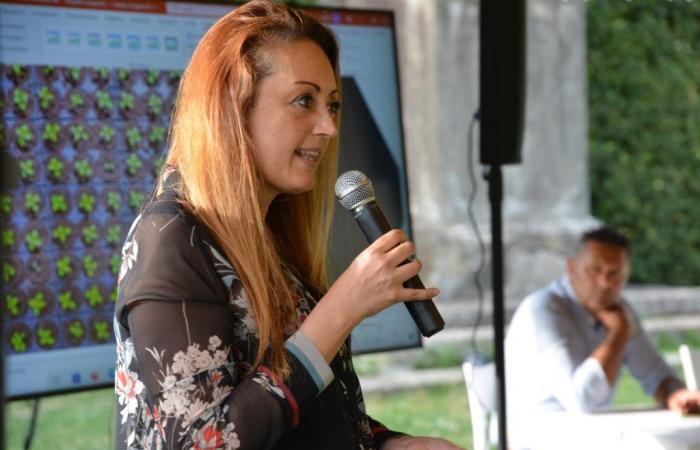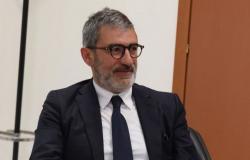
From pot to pot, the circular economy project that Revet previewed at Ecomondo last November, has now been officially presented at the latest assembly of the Italian Nurserymen’s Association (Avi) and is ready to become reality.
Thanks to the supply chain agreement signed in recent weeks, operations are already scheduled for September. “It is the first short supply chain for recycling plastic pots in Europe,” explains Avi president Alessandro Michelucci. “The companies involved are all within a radius of just a few kilometers. This means a drastic reduction in energy consumption and lower environmental impact. And the pots will be certified, with consequent image and commercial advantages for our nurseries. Avi nurserymen will see their plastic disposal costs reduced to almost zero.”
The delivery of waste pots (and irrigation pipes, which however have little impact in terms of quantity) to Revet will in fact be free, apart from transport and logistics costs.
The project works “simply” by networking the excellences already present in the area starting from Revet, the Pontedere-based company that represents the most important recycling hub in central-southern Italy: with 200 municipalities served, 19% of all collections are processed Tuscan waste collection and is able to recycle the fraction of plastics that is most difficult to recycle mechanically, i.e. those mixed and flexible packaging, often composted, called plasmix (in other words, approximately 70% of the plastic packaging that makes up the separate waste collection Tuscany).
«For us at Revet – argues the CEO, Alessia Scappini – the agreement will lead to a slight increase in the quantity of plastics treated and granules sold, in addition to the image advantage of contributing to a Region that has built this unique supply chain from the point of view of circularity. While the printers will be able to count on the reliability of the product received from us and will have the certainty of a local market of buyers of the vases thus produced. The same goes for agricultural companies, which will have the guarantee of being «the only ones able to sell these certified pots to Pistoia nurserymen. It is a supply chain agreement in which everyone benefits, as long as everyone does their part by keeping the commitments made. Also because sustainability objectives today concern all types of companies.”
Starting from September, therefore, Revet will begin to collect the pots (and irrigation pipes) discarded by the Pistoia nurseries (directly in the large nursery companies or in the special storage center set up at Agribios); in Pontedera these materials will therefore be recycled together with the plastics coming from the separate collection of packaging by Tuscan citizens, to produce that polyolefin granule which constitutes the recycled raw material already used for the production of recycled vases.
Some large pot molding companies in Pistoia and the surrounding area, signatories of the supply chain agreement, will finally purchase this granule to produce certified pots which will then be purchased and marketed by some important agricultural companies (also signatories of the agreement) where nurserymen normally they stock up on the purchase of vases and everything they need.
A clear advantage for nursery farmers as well as for the environment, given that the plastics recycled by Revet lead to CO2 emissions reduced by 75% compared to those linked to the production of virgin plastic.
The task of “tracing this closed supply chain” will also fall to Revet, “because it is the only entity that can certify the fact that waste is made into a secondary raw material from which we then return to producing the object from which we started” , as Scappini underlines
«This supply chain is open to everyone – concludes Michelucci – and if there is another printer who maybe in two months says “I want to start too”, so be it. The important thing is that it is local to keep the supply chain short. The same goes for agriculture. And I remind nursery companies interested in disposing of plastic from their nurseries for free that it is possible to do so by joining Avi.”





